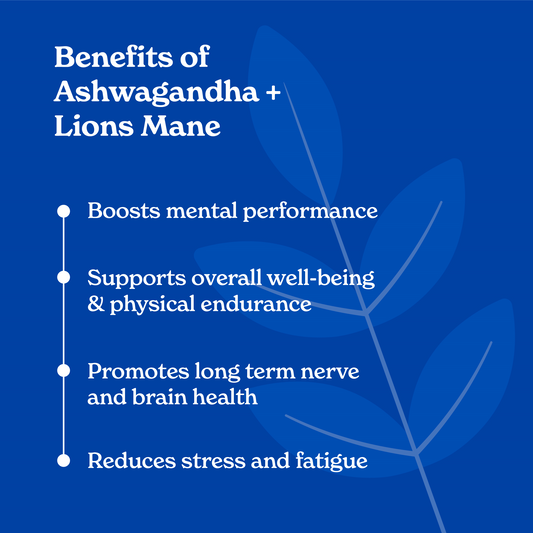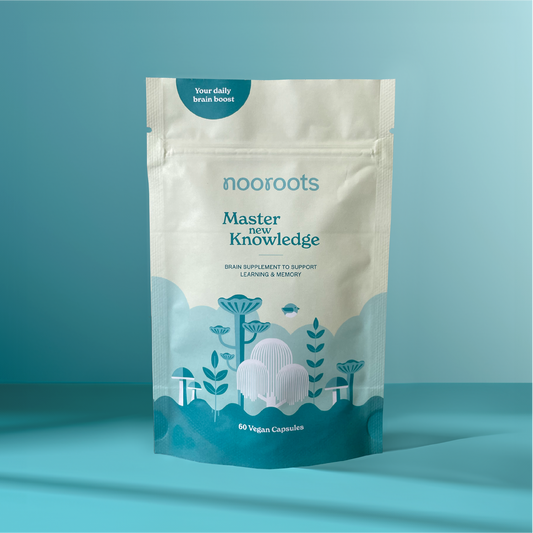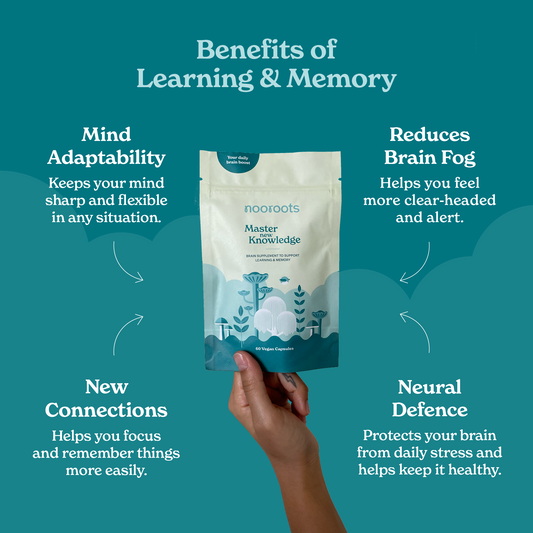Welcome to our Short Read Series — concise reflections designed to be read in just a few minutes, yet packed with ideas you can apply right away.
Today’s topic explores how ancient Stoic philosophy and modern neuroscience align to support better mental health — and how nurturing both mindset and brain health can help you feel calmer, clearer, and more resilient in everyday life.
Contents
- Ancient Philosophy for Modern Life
- The Mind–Body Connection
5 Stoic Practices for Improved Mental Health
Ancient Philosophy for Modern Life
"The happiness of your life depends upon the quality of your thoughts." - Marcus Aurelius
In an age of constant notifications and endless demands, protecting our mental wellbeing has never been more essential.
Interestingly, many modern approaches to mental health—such as cognitive behavioral therapy (CBT)—draw inspiration from Stoic philosophy, an ancient school of thought that teaches resilience, clarity, and peace of mind through reasoned living.
Here are five Stoic practices that can help you feel calmer, more focused, and more in control of your life.
1. Focus on What You Can Control
A core tenet of Stoicism is distinguishing between what is within our control and what is not. We can’t change external events or other people’s actions—but we can control our responses, judgments, and choices.
Modern psychology supports this principle: research shows that focusing on controllable factors can reduce anxiety and foster a greater sense of agency and wellbeing (Bandura, 1997). By letting go of what lies beyond our influence, we free ourselves from unnecessary stress and reclaim mental clarity.
2. Cultivate Virtue Through Daily Actions
The Stoics believed that happiness (or eudaimonia) arises from living in accordance with virtue—qualities such as wisdom, courage, justice, and self-discipline. Practicing these values doesn’t require perfection; it means striving to act with integrity in everyday life.
When we make choices that align with our principles, we strengthen our sense of purpose and reduce inner conflict—both key ingredients for long-term emotional health (Ryff & Singer, 2008).
3. Live in the Present Moment
Seneca wrote, “True happiness is to enjoy the present, without anxious dependence upon the future.” Dwelling on what might happen drains energy and increases stress. By anchoring ourselves in the present—through our breath, our senses, or meaningful action—we cultivate calm and focus.
This Stoic insight aligns with mindfulness research, which shows that present-moment awareness can lower rumination and improve emotional regulation (Keng, Smoski & Robins, 2011).
4. Practice Mindfulness and Reflective Awareness
Although the term “mindfulness” is modern, the Stoics practiced a form of it through regular reflection—examining their thoughts, emotions, and actions with honesty and detachment.
Writing in a journal, pausing before reacting, or reviewing the day each evening (as Marcus Aurelius did in his Meditations) can strengthen self-awareness. Studies show that such reflective practices improve emotional resilience and reduce symptoms of anxiety and depression (Shapiro et al., 2006).
5. Keep a Clear Mind and Act with Reason
The Stoics taught that reason (logos) is our greatest tool for achieving peace of mind. By separating facts from emotional reactions, we can respond to challenges calmly and wisely.
As Epictetus wrote, “It is not things themselves that disturb us, but our judgments about them.” (Enchiridion, 5).
Modern cognitive behavioral therapy (CBT) echoes this principle. In fact, CBT co-founder Albert Ellis explicitly cited Epictetus as an influence on his “rational-emotive” approach to emotional regulation (Ellis, 1962). Studies have since confirmed that identifying and reframing irrational beliefs can significantly improve emotional stability and mental wellbeing (Beck, 2011).
The Mind–Body Connection
"The brain is a world consisting of a number of unexplored continents and great stretches of unknown territory." - Santiago Ramón y Cajal
The Stoics understood that a healthy mind depends on balance—between body and spirit, reason and emotion. They practiced daily reflection, moderation, and self-care to keep both mind and body in harmony.
Modern science reinforces this idea: our mental clarity and emotional stability are deeply connected to the brain’s physical wellbeing. Nutrition, sleep, movement, and natural compounds known as nootropics can all influence cognitive performance and resilience.
Certain nootropic ingredients studied in recent decades—such as L-theanine (for calm focus), Bacopa monnieri (for memory support), and Lion’s Mane mushroom (for neurogenesis)—appear to enhance the same qualities that Stoicism encourages: composure, clarity, and presence of mind.
When combined thoughtfully, philosophy and neuroscience offer a balanced path toward wellbeing: training the mind through wisdom and discipline, while supporting the brain’s natural capacity to think clearly, adapt, and grow.
Conclusion
"There is nothing good or bad, but thinking makes it so." - William Shakespeare
Think of Stoic philosophy as the software of the mind — the framework that shapes how we perceive, think, and respond to the world. By practicing its core principles—focusing on what we can control, embracing challenges, and thinking clearly—we refine our inner operating system for resilience and calm.
Modern neuroscience adds a natural complement: the hardware side. Supporting the brain biochemically through balanced nutrition and evidence-based nootropics can enhance focus, learning, and mood — the very capacities that Stoicism trains through discipline and reflection.
Together, these two approaches form a complete system for mental wellbeing: philosophy to guide the mind, and nutrition to optimize the brain that carries it.
For those interested in taking the first step, our Learning & Memory Nootropic Supplement at Nooroots offers a carefully formulated introduction to the world of cognitive enhancement—crafted to support both clarity of mind and balance of mood.







